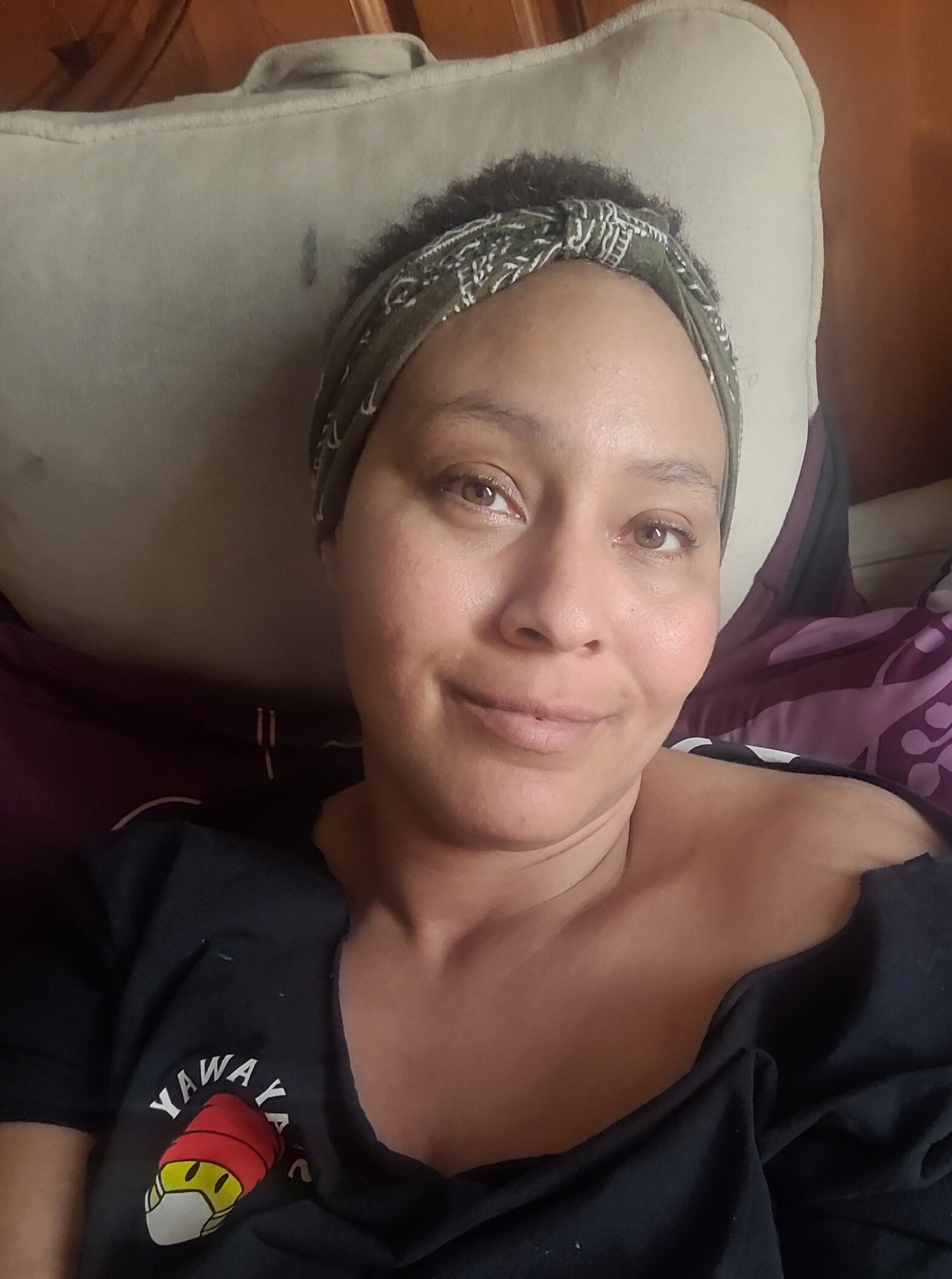The story of Keaka
I live with MCTD, a rare disease of overlapping autoimmune conditions with features of SLE, RA, and systemic sclerosis, along with chronic kidney disease 3a, LN Class V, SCLE, and dysautonomia issues. I’ve had to navigate steroid-induced Diabetes and hospitalizations for DKA and kidney thrombosis.
My greatest challenge with my rare disease was obtaining a diagnosis. When I could no longer ignore my symptoms, I went to my primary doctor, and she dismissed my concerns as well. My doctor prescribed a steady diet of NSAIDs and other drugs like amitriptyline and gabapentin while never receiving a diagnosis. Three area health systems denied my request for a referral because my symptoms “weren’t a sure thing of anything.” I had to research and request specific blood tests to build my case for a rheumatology referral. It took ten years to finally get a diagnosis. UofM Medicine did it in one visit. Rural Hospitals and Counties lack specialists and health literacy. Personal and religious biases also complicate care. I have felt more ignored and dismissed in Southwest Michigan than anywhere I have lived.
Although the challenges persist, I’ve learned that patients hold a wealth of knowledge and data concerning their health, even if they don’t know it. Health literacy and understanding of health insurance policies and practices—and the lack thereof—create a rift of ignorance and distrust between healthcare systems and patients. Patients must speak up and ask for what they need, but the healthcare system must remind patients that asking is okay.
I see my care team as my team. I am not beneath my specialist and PCP but at the center of their care. There are always solutions until there are none, and patients play a pivotal role in the efficacy of their treatments via nutrition, lifestyle, and medication compliance. I believe that with health literacy, we can all become better advocates for ourselves and our communities
